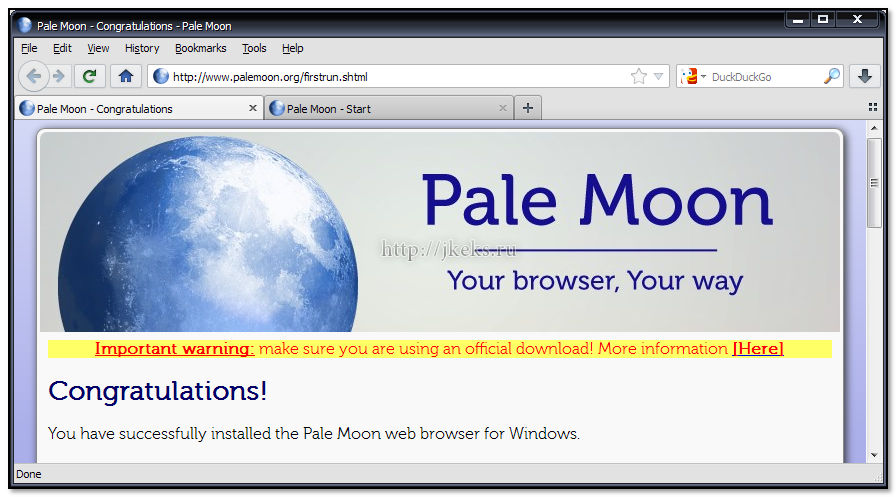DuckDuckGo Browser Will Block Microsoft Trackers
The developers of DuckDuckGo have announced that the company’s browser will soon block all third-party trackers and Microsoft scripts, although this was previously not possible due to a search agreement that was made between the two companies.
Let me remind you that the scandal around Microsoft trackers flared up in the spring of this year. Then it turned out that the DuckDuckGo browser blocks Google and Facebook trackers, but allows Microsoft trackers to continue working. Tests have shown that DuckDuckGo allows trackers associated with the bing.com and linkedin.com domains while blocking all others.DuckDuckGo CEO and founder Gabriel Weinberg explained that the company’s browser does allow Microsoft trackers on third-party sites due to a search syndication agreement.
Then these statements caused a real storm of indignation, and Weinberg tried to protect the company, talked a lot about transparency and tried to explain the essence of DuckDuckGo agreements with Microsoft. In particular, he made it clear that these restrictions on trackers work only in the DuckDuckGo browser and do not affect the company’s search engine. However, it remains unclear why the company was silent about this until the Microsoft trackers were accidentally discovered by a researcher.

This week, the company announced that starting next month, DuckDuckGo will begin blocking all third-party tracking scripts from Microsoft in its DuckDuckGo Privacy Browser (iOS/Android) mobile browser and DuckDuckGo Privacy Essentials (Chrome, Firefox, Safari, Edge, and Opera) browser extensions.
Microsoft’s tracker blocking feature will work with a third-party Tracker Loading Protection solution. DuckDuckGo told Bleeping Computer that tracking scripts from the following URLs will be blocked:
- adnxs.com
- adnxs-simple.com
- adsymptotic.com
- adv-cloudfilse.azureedge.net
- app-fnsp-matomo-analytics-prod.azurewebsites.net
- azure.com
- azure.net
- bing.com
- cdnnwlive.azureedge.net
- clarity.ms
- dynamics.com
- fp-cdn.azureedge.net
- licdn.com
- linkedin.com
- live-tfs-omnilytics.azurewebsites.net
- msecnd.net
- nlo-stl-web.azureedge.net
- nuance.com
- pestcontrol-uc1.azureedge.net
- sdtagging.azureedge.net
- serviceschipotlecom.trafficmanager.net
However, DuckDuckGo still uses Microsoft Advertising for search ads, so some exceptions will be made when using the Microsoft Tracker Browser. In particular, after clicking on an advertisement in the DuckDuckGo search, the browser will allow one-time execution of tracker scripts from bat.bing.com on the advertiser’s website. This will allow advertisers to track how well their ad campaigns are performing. In doing so, DuckDuckGo will block all further calls to this site and attempts to download trackers from bat.bing.com.
The company acknowledges that this is not an ideal solution and hopes to eventually replace the bat.bing.com trackers with custom implementations that are currently being developed by Firefox and Safari engineers.
Microsoft said they are happy with the trade-off, as it allows DuckDuckGo to improve user privacy, but also allows Microsoft advertisers to continue to track the performance of their ads.





